In most RPGs, when you hit the level cap, that’s just kind of the end of it. You’ve got nowhere else to go, no other way to develop. Diablo Immortal, however, doesn’t do things like that. Even after you hit the basic XP level cap, there’s still plenty of growing left for you to do thanks to the Paragon system. Here’s what you need to know about Diablo Immortal’s Paragon levels.
Diablo Immortal Paragon Levels Explained
The Paragon system is Diablo Immortal’s special endgame leveling system, designed to continue your development even after you hit the maximum level. After you hit the level cap, any further XP you obtain is automatically converted into Paragon Points. As you collect Paragon Points, you’ll increase your Paragon level, which in turn gives you access to the special Paragon Talent Trees. You can spend your Paragon Points on these Talent Trees to unlock new and special skills independent of your class development.

There are six different Paragon Talent Trees (with more planned for later), some of which can’t be accessed until you reach a certain Paragon level. The current Talent Trees and their general specialties are as follows:
- Survivor (Paragon Level 1): Defensive abilities, such as allowing you to endure a lethal hit with 1 HP or higher block chances at critical HP.
- Vanquisher (Paragon Level 1): Berserker abilities focusing on increasing the damage you deal with every enemy you defeat.
- Treasure Hunter (Paragon Level 50): Looting abilities that improve the odds of rare item and gear drops from enemies. Also offers bonuses to Armor Penetration.
- Gladiator (Paragon Level 100): Tanky abilities that specialize in enduring and kiting enemies. Especially good for PvP builds.
- Soldier (Paragon Level 150): Cooperation abilities that radiate buffs and heals to your entire party as long as they’re close to you.
- Mastermind (Paragon Level 150): Diversity abilities that provide buffs and bonuses based on the how many different classes are present in your party.
Related: Best Weapons in Diablo Immortal
Every Talent Tree features a blend of Specialization Skills and Permanent Attributes. Specialization Skills require you to have their particular Talent Tree equipped, while Permanent Attributes are permanent boosts that remain active even if you equip a different Talent Tree.
One last note: you can’t respec or reset your Talent Trees to get points back. Since all of the abilities can be acquired in any order, there’s no real need to ration out your points. Just spend them on what you want, and get more stuff later.
Proper use of the Paragon system will allow you to transcend the boundaries of simple levels and become a viable combatant in just about any situation! A true jack-of-all-trades!



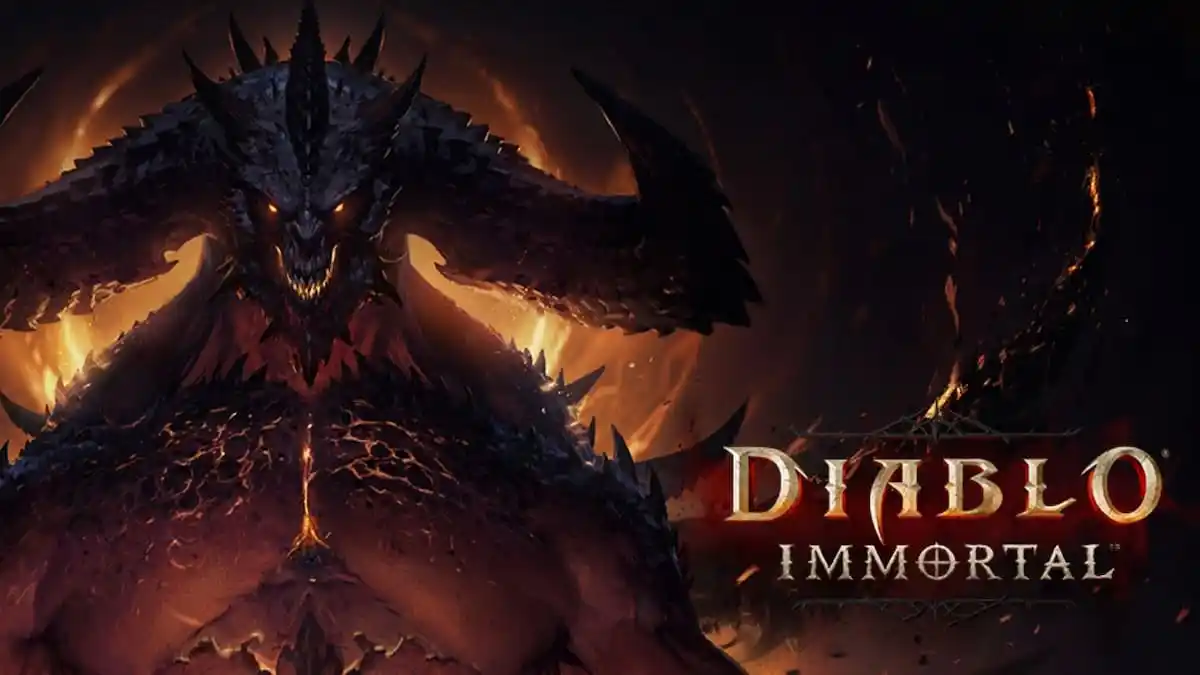
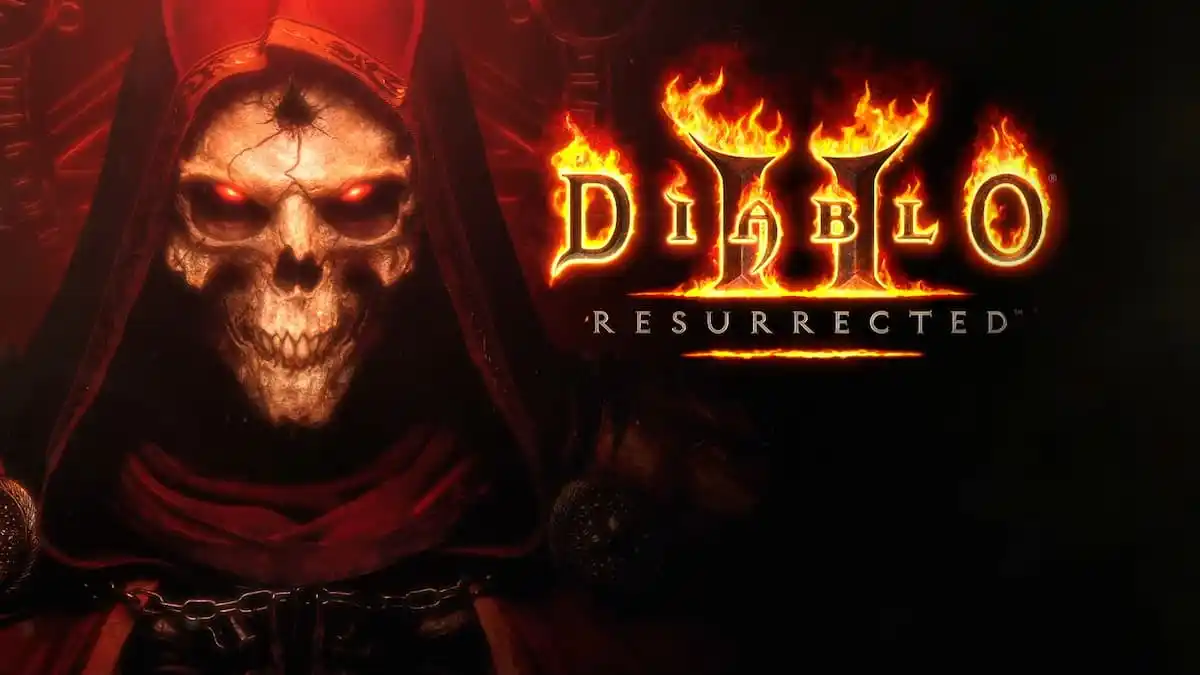
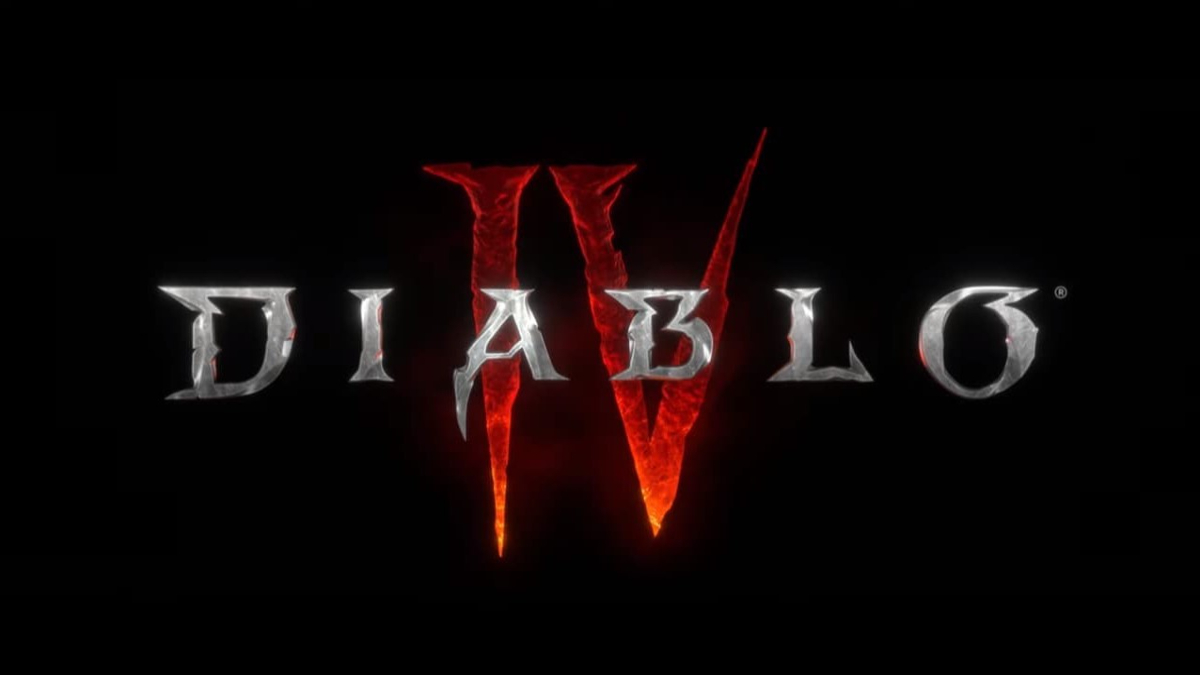

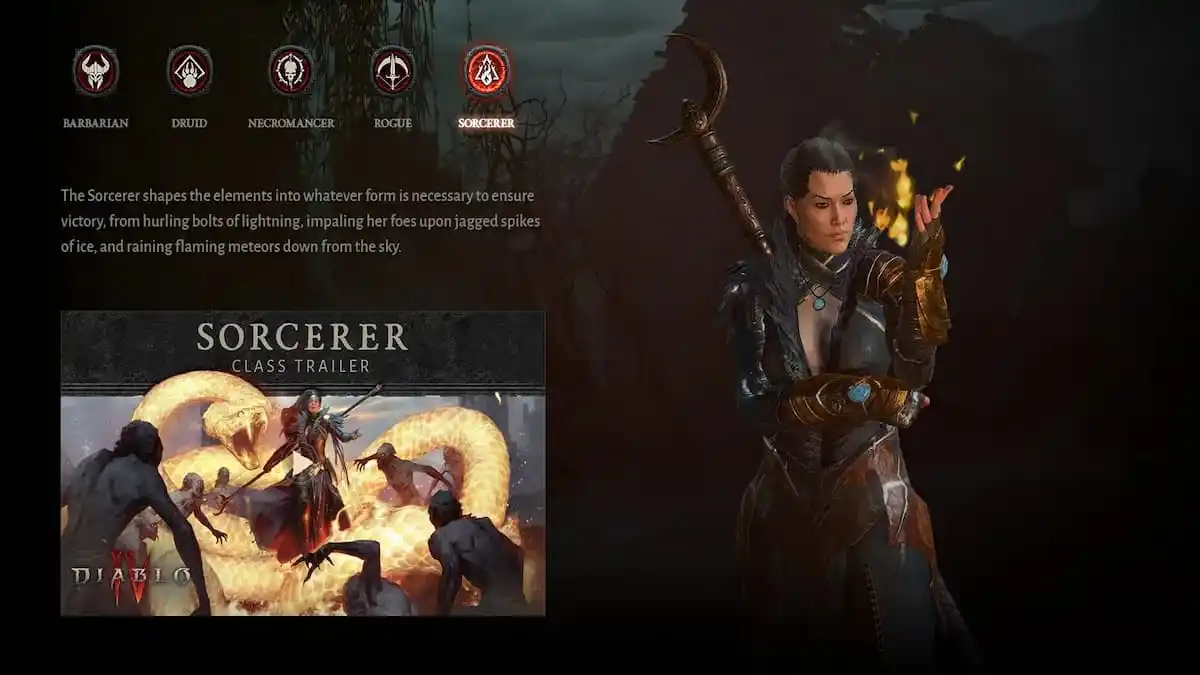
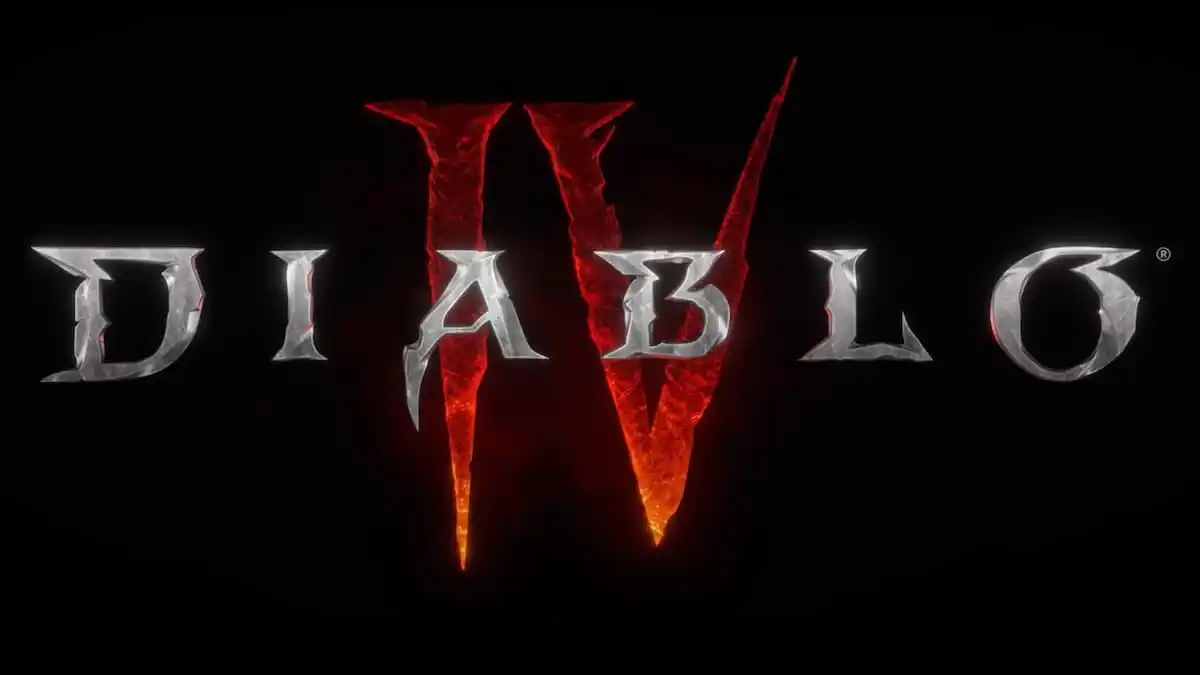
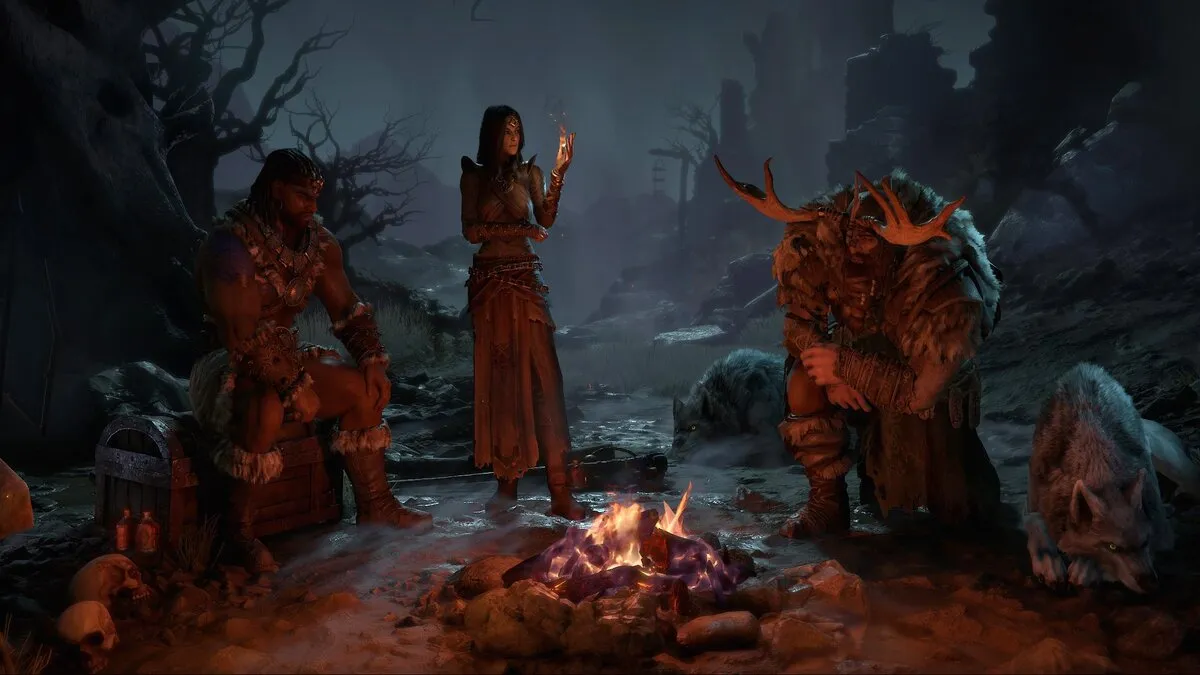
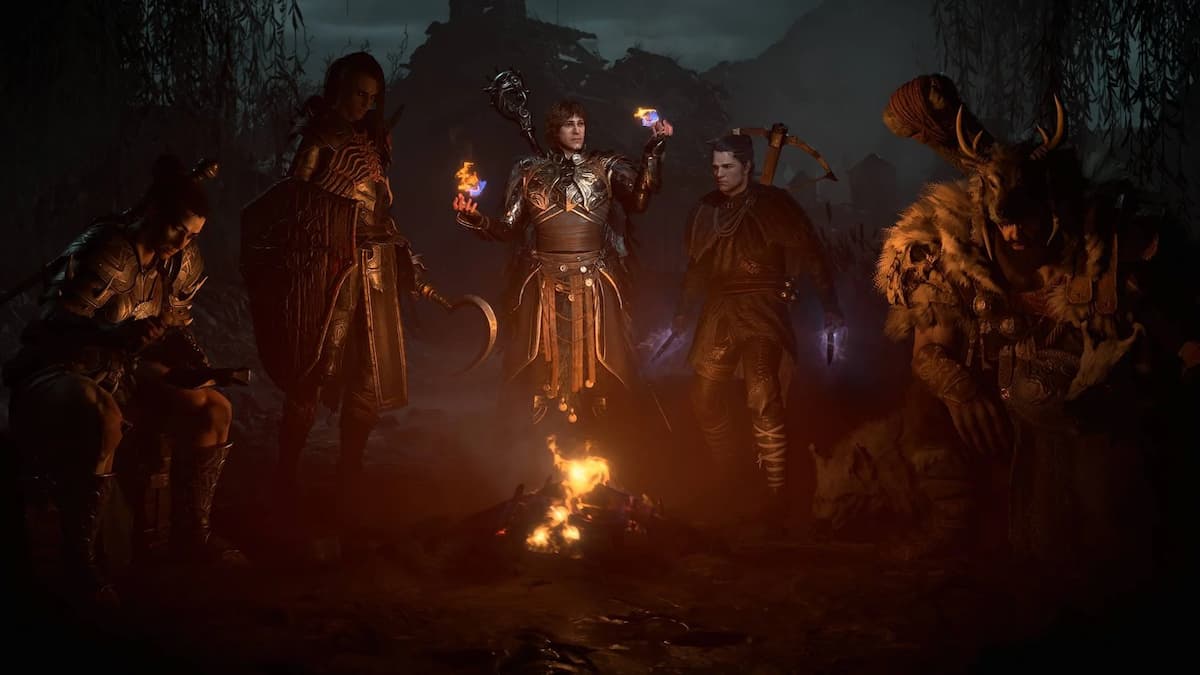

Published: Jun 2, 2022 12:04 pm